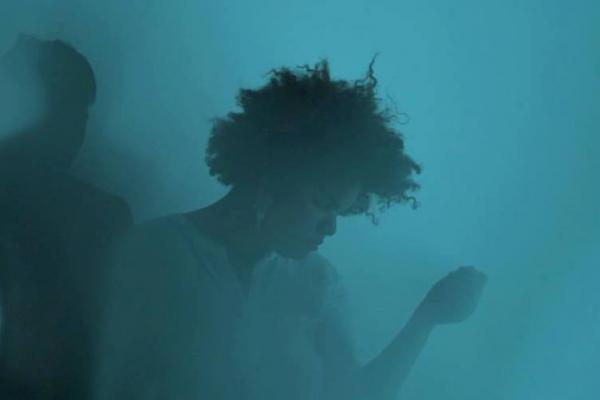Feb 16, 2017
The first time I saw Amy León, she was standing in a church that was about to explode. Or had already exploded — I couldn’t tell. I was watching the music video for her song “Burning in Birmingham,” a reenactment of the 16th Street Baptist Church bombing that took the lives of four black girls on Sept. 15, 1963 in Birmingham, Ala.
Read the Full Article

Already a subscriber? Login
